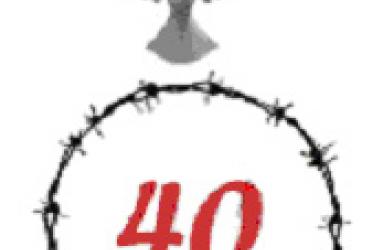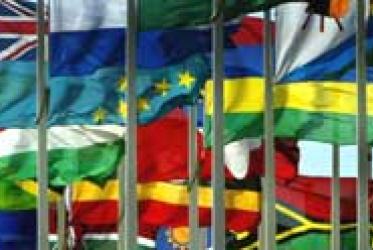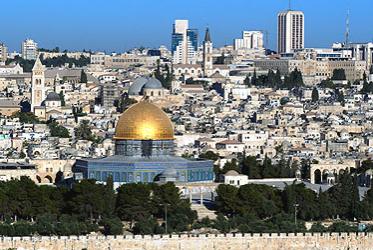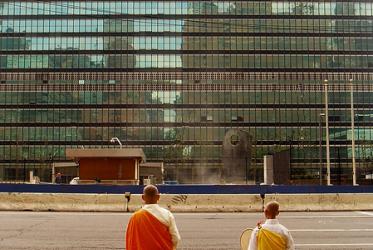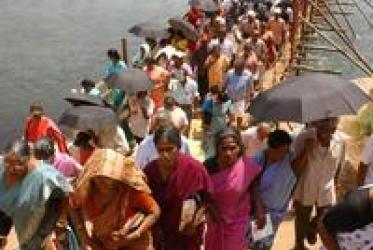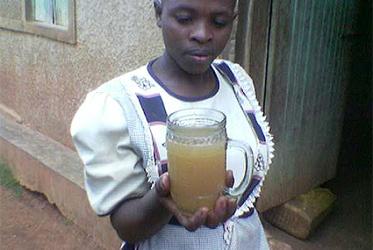Representing the experiences, perspectives and visions of different excluded groups, a select group of 25 theologians from many parts of the world gathered in La Paz, Bolivia during May 2007, perhaps for the first time, to articulate their visions of the world and the church. Their attempt was to identify the possible thematic directions for the new programme - Just and Inclusive Communities - that brings together WCC's ongoing work in the areas of Overcoming racism, Ecumenical Disabilities Advocates Network, Indigenous Peoples and Dalit Solidarity.
03 May 2007
WCC Programmes

